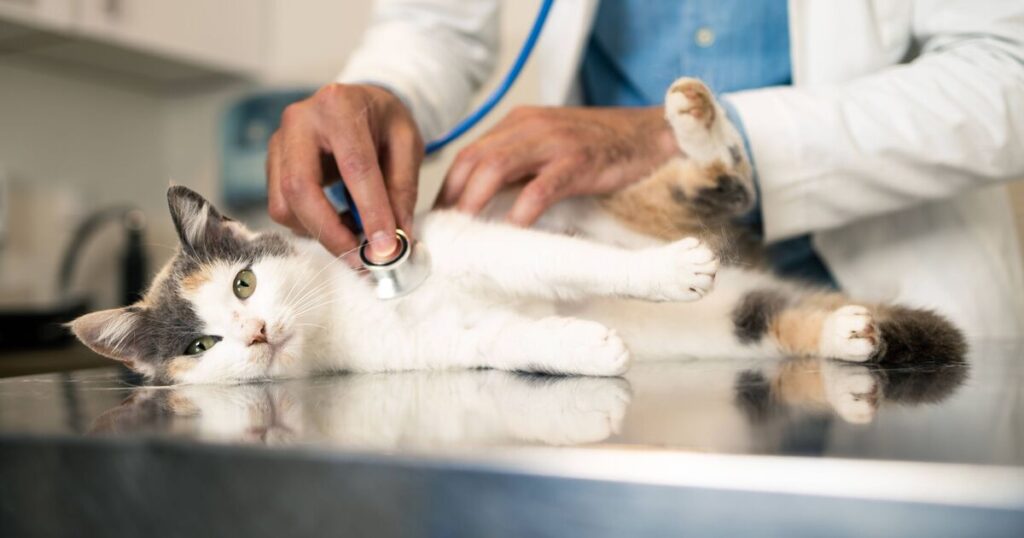
A veterinary nurse has shared crucial advice for cat owners that could be lifesavers for your feline friends. Eve Moorhouse took to TikTok to share her insights based on the most frequent emergencies she encounters during night shifts – preventable issues that every pet owner should be aware of.
Eve emphasised the importance of this knowledge, stating: “A lot of the time, owners didn’t know this information. So it’s not your fault and I am here to educate you.”
In her video, she highlighted a specific flower that is a definite no-no in any cat owner’s house and a common health issue that requires vigilant monitoring. She warned emphatically: “Lilies – if someone buys them for you as a present, throw them in the bin,” stressing the extreme toxicity of lilies to cats, which can lead to fatal consequences or at the very least, a hefty vet bill.
Eve advised immediate action if your cat comes into contact with lilies, urging owners to wash off any pollen without delay and head straight to the vet.
Next, Eve raised an alert about blocked bladders. These are much more common in male cats, due to their longer and narrower urethra, making them susceptible to blockages. “The bladder can block for so many reasons,” she explained, listing bladder stones, inflammation, and muscle spasms as potential causes.
So, why is this a such a problem? “The bladder will continue to fill, which will either back up into the kidneys and cause kidney damage, and because its not emptying it can burst and rupture,” Eve continued.
Regarding the warning signs, meanwhile, Eve acknowledged that it should be easier to identify problems in indoor cats as you can monitor how much urine they are passing in their litter trays. “If they are going to the tray frequently and are straining but nothing is coming out, this is a sign,” she explained.
Behavioural changes can also serve as an indicator. “They can become aggressive, they can be crying, yowling and walking around fairly low to the floor and just generally looking like they are in pain,” Eve highlighted.
“Also, if they are staying in their bed and you can see them tensing they are trying to pass urine.”
Outdoor cats can be more challenging to monitor as you may not see them pass urine even when healthy, therefore you are reliant on spotting changes in behaviour as mentioned above.
“Never wait – time is of the essence,” Eve advised. “Ring the vet straight away, ask for advice, tell them the symptoms and they will most likely say to put your cat in a box, get in the car and come straight to their clinic.”
 Latest World Breaking News Online News Portal
Latest World Breaking News Online News Portal






